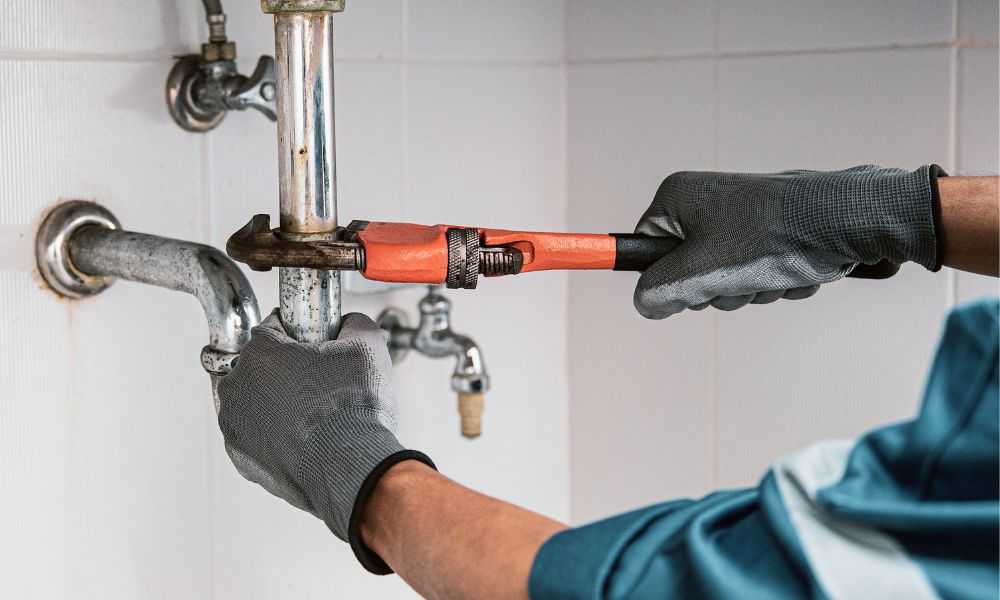From Flags and Lunar Modules to Rovers and Family Pictures

For All Moonkind, Inc., the only organization in the world dedicated to protecting human heritage in space, is proud to unveil the For All Moonkind Moon Registry, a free online resource that catalogs and celebrates human historical sites and artifacts on the Moon.

“An interactive Registry for all the material on the Moon introduced by human activity is a worthy cause”Tweet this
From Luna to Apollo to Chang’e and everything in between, the Moon Registry www.moonregistry.forallmoonkind.org provides overviews of every mission that has impacted the Moon, including details on the objects related to those missions that remain on the lunar surface – from commemorative medallions and flags to rovers and scientific experiments. A dynamic work-in-progress, the For All Moonkind Moon Registry displays facts about past lunar missions and seeks crowdsourcing assistance to correct any mistakes, contribute technical details, share personal stories and provide information regarding future missions.
“An interactive Registry for all the material on the Moon introduced by human activity is a worthy cause, without a doubt,” said Apollo 17 astronaut and scientist Dr. Harrison Schmitt, the second-to-last human on the Moon.
“Visiting the Moon was an incredible privilege and experience,” said Apollo 16 astronaut and lunar module pilot Charles M. Duke, Jr., the tenth human to walk on the lunar surface. “I can’t wait for someone to go back and find the picture of my family that I left behind. In the meantime, the For All Moonkind Moon Registry is a spectacular resource. It’s one small way to share this accomplishment of humanity with humanity.”
Designed by acclaimed Creative Director Bernie Hogya, who also created the organization’s logo in 2017, the For All Moonkind Moon Registry is intended initially as an educational and awareness-raising tool. The platform however, can support a wide variety of services for historians, engineers, archaeologists and future lunar enterprises.
“Human exploration of space is a story of stunning technological achievement and ambition built on the shoulders of scientists, engineers, adventurers and dreamers from around the world and throughout our history who answered the call of their own curiosity,” said Michelle Hanlon, Co-Founder of For All Moonkind which is a Permanent Observer to the United Nations Committee on the Peaceful Uses of Outer Space. “The history of humans on the Moon belongs to everyone on Earth. Yet I don’t think people realize that the first lunar landing sites are not protected by any law,” continued Hanlon, a space law professor at the University of Mississippi who was today appointed President of the National Space Society. “We are working to obtain international recognition and protection for sites in space that have universal historic value. As part of that effort, we want to make sure the details of humanity’s incredible journey to space – past, present and future – are accessible to all.”
“When you consider how important history is as a compass for our future, it’s shocking to realize how inaccessible it is,” said Dr. James Hansen, official biographer of Neil Armstrong. “I had the distinct privilege and honor of spending hours with Neil Armstrong to understand him, his experience and the burden and exhilaration of being the first human to plant a boot on another celestial body.” Hansen continued, “the For All Moonkind Moon Registry is like an all-access pass to the history of human activity on the Moon. Even better, the crowdsourcing function will allow the people who worked on missions like Luna and Apollo to connect directly with the very students who will be inspired by their work to develop innovative solutions we cannot yet even comprehend.”
The For All Moonkind Moon Registry can be accessed at www.moonregistry.forallmoonkind.org
Join Michelle Hanlon at Blue Marble Week on March 11 https://www.bluemarbleweek.space/ to learn more about the Moon Registry.
About For All Moonkind
For All Moonkind, Inc. is a 501(c)(3) non-profit organization. Its entirely volunteer team is working to develop international protocols that will balance development and preservation and include systems to select, manage and study relevant sites. To learn more, visit: https://www.forallmoonkind.org/





